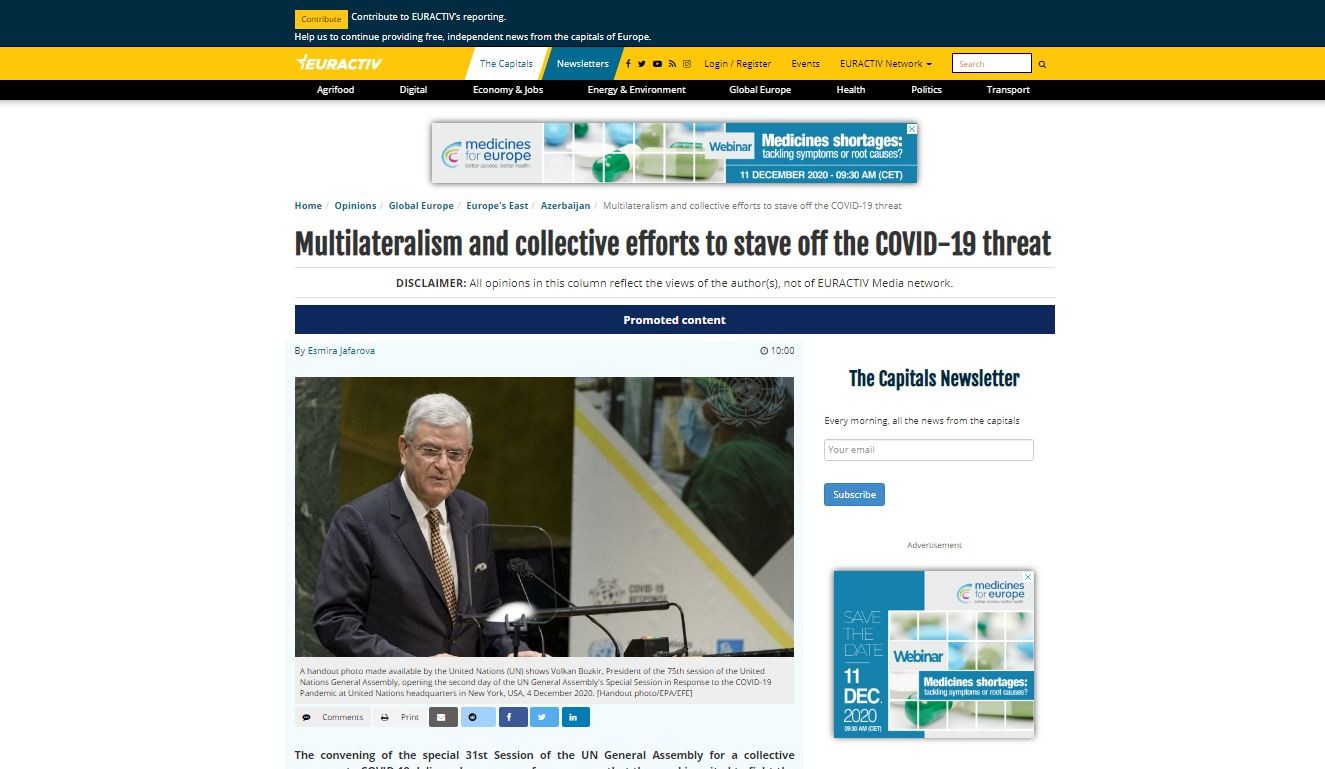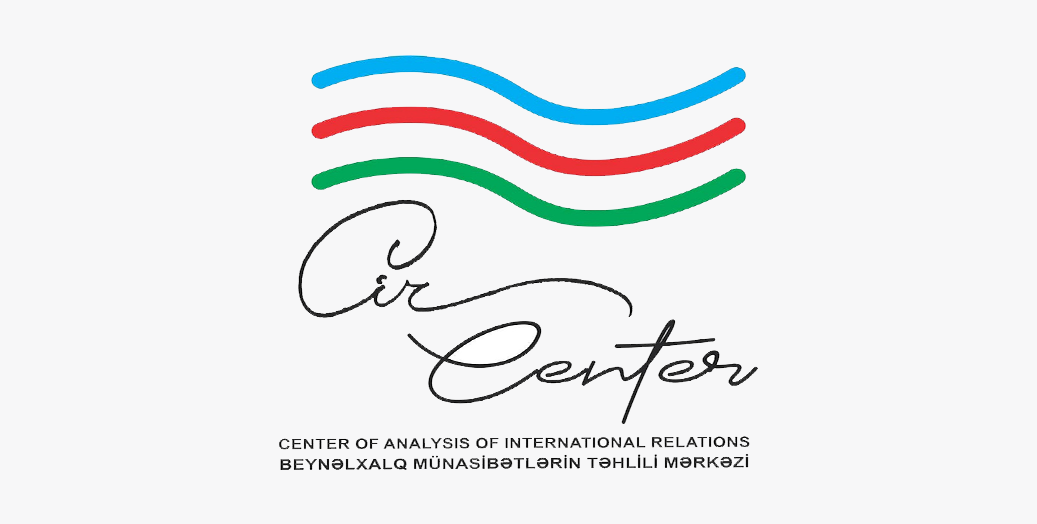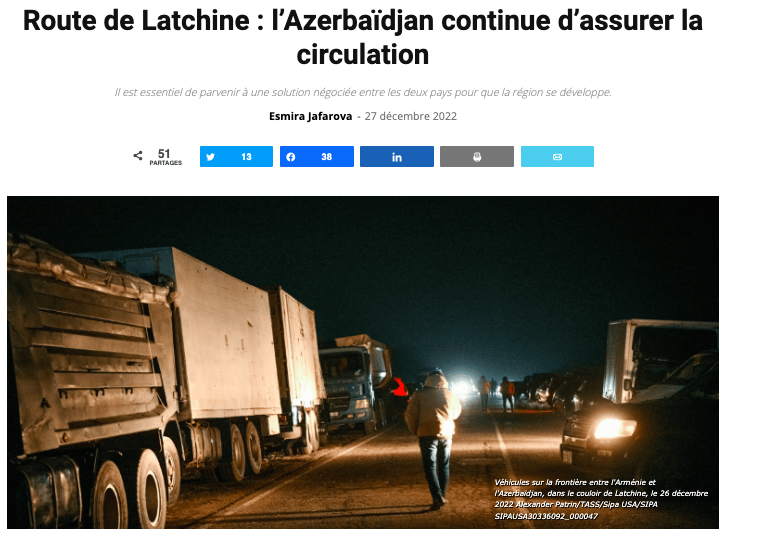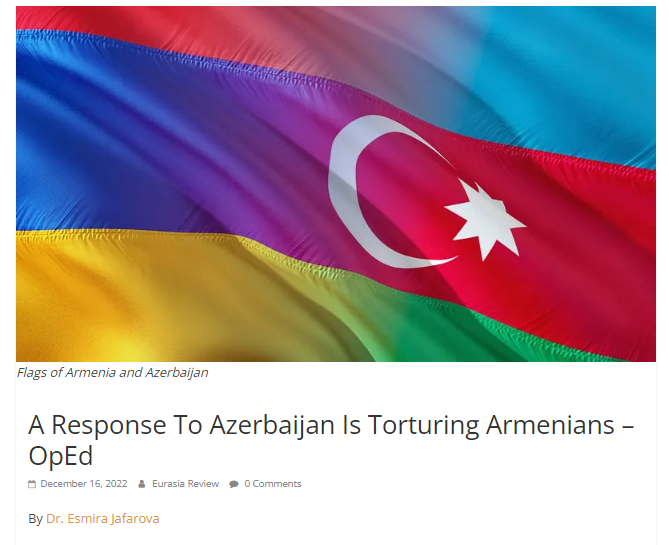The United Nations has had its own share of adjustment to the COVID-19-ruled world. The World Health Origination (WHO) was and still remains the frontrunner of the international efforts and declared COVID-19 a pandemic on 11 March.
The UN General Assembly adopted its first ever resolution on the COVID-19 on 2 April, calling for “global, solidarity, multilateralism and international cooperation” to cope with the pandemics, and the UN Security Council after many failed attempts finally adopted a resolution on 1 July, which noted that “the unprecedented extent of the COVID-19 pandemic is likely to endanger the maintenance of international peace and security”.
However, the urgency of the crisis places a special premium on the role of the United Nations in mustering global solidarity and continuous commitment to curbing the COVID-19, especially given that some governments opted in favor of their own national agendas, pursued mutual criticisms and recriminations instead of cooperating in these difficult times.
Azerbaijan responded immediately to the spread of COVID-19 and undertook relevant measures. The government put the country into quarantine and enhanced it as the situation so demanded after the first infection case on 28 February was detected.
The special Coronavirus Support Fund was established with 19 March 2020 Presidential Decree and the government prepared social, economic and financial support package worth about $2,5 billion, using solely domestic resources.
Many new hospitals were built for COVID-19 patients and local production of medical masks was introduced. Azerbaijan is also still battling the COVID-19, however, it has been doing so in a well-prepared and consistent manner.
However, “no one is safe until everyone is safe” and Azerbaijan did not confine its efforts to domestic achievements. Azerbaijan made two voluntary contributions to the WHO amounting to 10 million US dollars in total and delivered humanitarian and financial assistance to over thirty countries.
As the incumbent Chair of the Non-Aligned Movement (NAM) for 2019-2022, President Ilham Aliyev during the online summit convened by his initiative on 4 May, proposed that NAM countries could initiate convening the special online session of the UN General Assembly on COVID-19 on the level of heads of state and government.
Azerbaijan’s initiative was supported by 150 UN member states. The only country that rejected the initiative was Armenia, probably because it was Azerbaijan’s initiative.
This widespread support to the initiative reflected a wider consensus within the international community that international efforts to deal with the repercussions of the COVID-19 should be intensified. It also underscored the importance of cooperation and multilateralism as opposed to pursuance of isolationist and national agendas vis-à-vis this scourge.
Thus, the preparations for the 31st UN General Assembly Special Session started in July and the session took place on 3-4 December. In his video address as the chairman of the NAM, president of the Republic of Azerbaijan Ilham Aliyev stressed the importance of multilateralism and collective efforts to stave off the COVID-19 threat.
It was noted that the pandemic has stalled global progress, intensified global divide and increased poverty. It is therefore vital that equal access to medical facilities, drugs and a COVID-19 vaccine for everyone is ensured.
President Aliyev also noted that Azerbaijan supported UN Secretary General’s call for global ceasefires. However, the ceasefire between Armenia and Azerbaijan that was in place since 1994 has been constantly violated by Armenia.
He also spoke of the recent 44 days’ war between Armenia and Azerbaijan that lasted from 27 September to 10 November.
Having expressed disappointment over the non-implementation of four UN Security Council resolutions (822, 853, 874 and 884) on Armenia-Azerbaijan conflict by the Republic of Armenia, President Aliyev also highlighted the long list of political and military provocations committed by the incumbent leadership of Armenia aimed at disrupting the OSCE-led peace process. Armenia’s consistent provocations behooved Azerbaijan’s military counteroffensive.
The two-day 31st Special Session covered general debate of the heads of states and governments of the UN Members States on 3 December and a discussion with experts, UN agencies and scientists in the field on 4 December.
The discussions on 4 December envisaged issues related to UN system’s response to COVID-19, vaccine development, healthcare sector, socio-economic recovery, etc..
It was underlined that the COVID-19 has further intensified inequities in and among developing and developed nations which affected the poorest nations the most. Speakers stressed that the world could be faced with the harshest humanitarian crisis of the past 75 years.
Therefore, the new wave of the epidemic urges everyone to forge global unity and deal with the COVID-19 threat through concerted efforts.
Ensuring resource mobilization in order to undertake multilateral initiatives for equitable distribution of COVID-19 vaccine; accruing more investment in social and health services in the world and dedication of financial resources by international financial institutions and partner countries in order to alleviate debt burdens, facilitate investment, and deliver development assistance during this challenging times were specifically underscored.
The convening of this special session delivered a message of reassurance that the word is united to fight the common enemy.
The discussions also offered a vision for post-pandemic recovery. In this sense, the UN Secretary-General Antonio Guterres noted that post-pandemic recovery has to also deal with “the pre-existing conditions it has exposed and exploited as we cannot bequeath a broken planet and huge debts to future generations”.
Messages of optimism were also delivered against the backdrop of all pandemic-related hardships, and the UN General Assembly President, Mr Bokzir stated:
“The UN is working for you. We are united, for you. Stay strong. There are brighter days ahead.” Thus, Azerbaijan’s initiative as the chairman of the NAM once again underscored the importance of multilateralism, cooperation and unity in dealing with challenges of grand scale.







